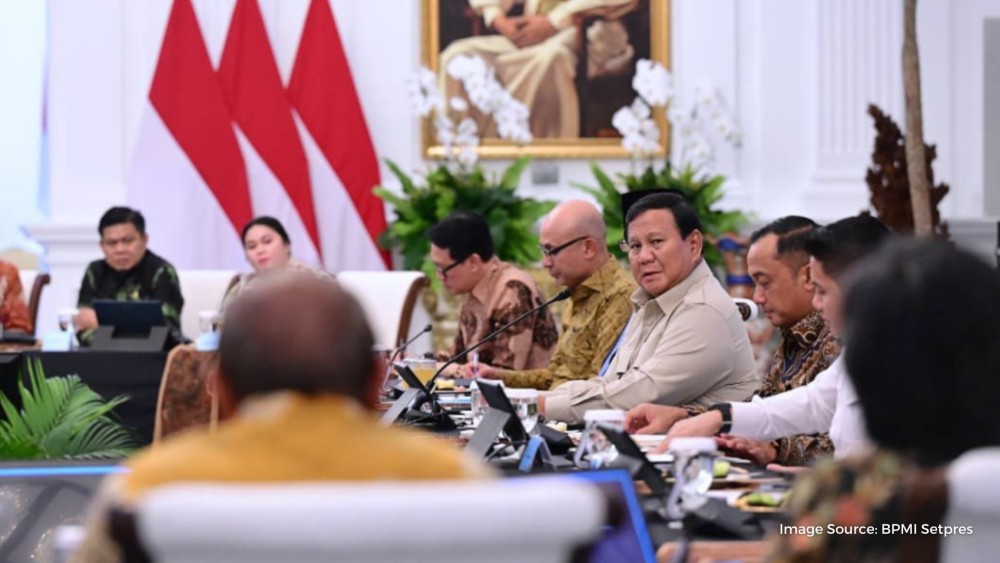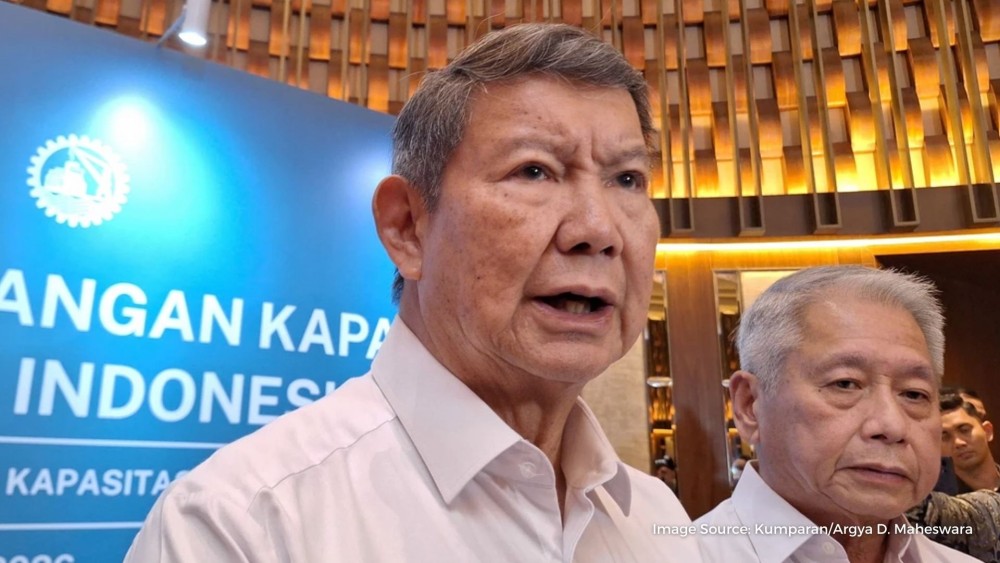Indonesia Moves to Ban China-based E-commerce Platform Temu Amid SME Concerns
09 Oct 2024

The Indonesian government is preparing to ban Temu, a Chinese e-commerce platform, due to concerns over its potential impact on local small and medium enterprises (SMEs). This move follows discussions among key government bodies, including the Ministry of Cooperatives and SMEs, the Trade Ministry, and the Ministry of Communications and Informatics.
Fiki Satari, a special advisor at the Ministry of Cooperatives and SMEs, announced the decision to convene further interministerial meetings, aiming to halt Temu's availability on the App Store and Play Store. Although Temu has not yet begun official operations in Indonesia, it remains accessible on these platforms. The ministry's stance is that Temu's direct-to-consumer model, which allows users to buy directly from Chinese factories, poses a significant threat to local businesses.
Temu’s entry has raised concerns among Indonesian entrepreneurs. As quoted by Bisnis Indonesia, Nandi Herdiaman, head of the local entrepreneurs' association IPKB, emphasized the potential harm to the country's textile industry, which could suffer from an influx of low-priced imports. He noted that the industry, which provides millions of jobs, could face increased unemployment if Temu’s model is allowed to operate unchecked. Herdiaman also called for tighter regulations, including stricter non-tariff barriers, to protect local markets.
The Trade Ministry highlighted that Temu’s business approach conflicts with Indonesian trade regulations, which mandate the use of intermediaries or distributors for foreign businesses. Minister of Communications and Informatics, Budi Arie Setiadi, reinforced the government's position, stating to CNA, “We will not give it a chance. Our micro, small, and medium enterprises will be destroyed if left unchecked”.
Temu’s activities in Indonesia have drawn heightened attention after the platform's appearance at the 2024 E-commerce Expo in Greater Jakarta last month. The company has previously attempted to register in Indonesia but faced legal hurdles, including conflicts over trademark rights.
President Joko Widodo has also stressed the importance of protecting the domestic market and promoting national products, particularly in the face of China’s overproduction concerns. During the opening of the 39th Trade Expo Indonesia, Jokowi called for innovative marketing strategies for local products and urged a focus on expanding into digital markets, as reported by Antaranews.
In a similar case last year, Indonesia banned TikTok Shop, citing concerns over the impact on local merchants and user data protection. However, TikTok made its return to the Indonesian market by acquiring a 75 percent stake in the local e-commerce platform Tokopedia in January 2024, allowing it to operate within the country's regulatory framework.






